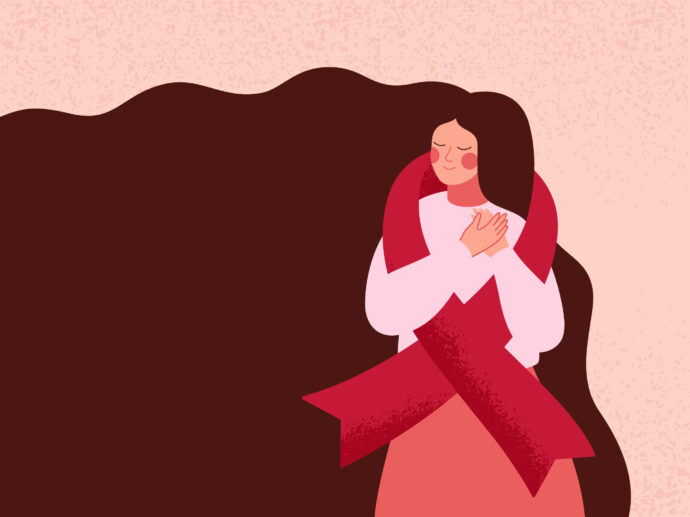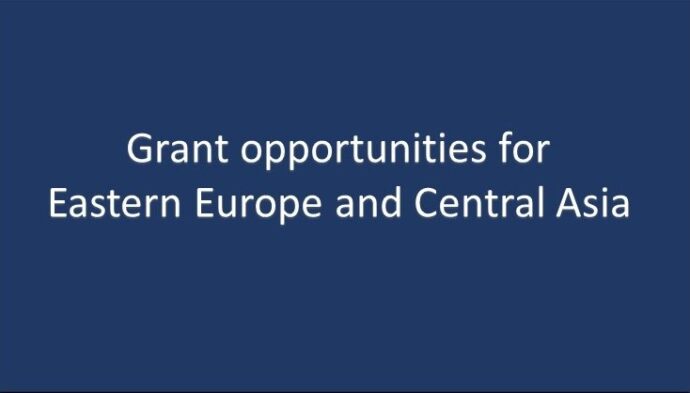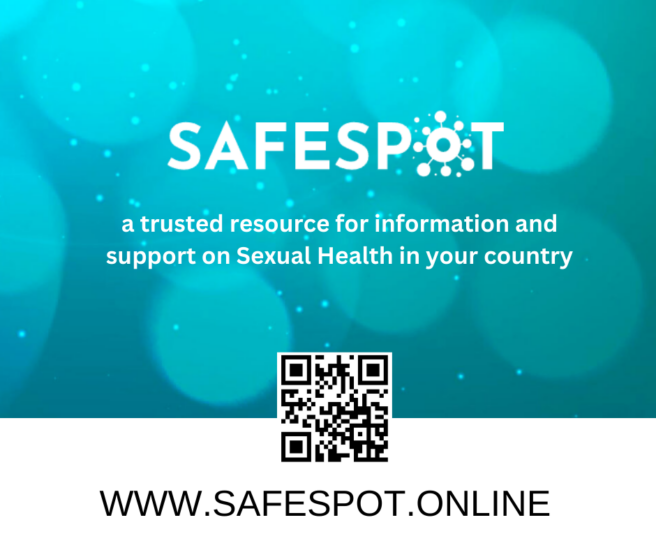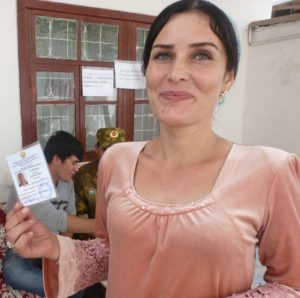 Tahmina’s story is one of the positive stories of women in Tajikistan, who, due to the social and legal support of the project Bridging the Gaps: Health and Rights for Key Populations 2.0, again received hope and planned positive changes in their lives.
Tahmina’s story is one of the positive stories of women in Tajikistan, who, due to the social and legal support of the project Bridging the Gaps: Health and Rights for Key Populations 2.0, again received hope and planned positive changes in their lives.
Family issues pushed to drugs
“When I studied in the 4th grade, my parents already had five children. This is the usual situation in Tajik families in the rural areas. Due to the frequent childbirth and burdensome care for five young children at the same time, my mother often fell ill. I had to drop out of school and take care of everything by myself,” Tahmina is saying.
Tahmina was taking care of all the things in the house, raised her brothers and sisters, helped them with school. Because of the health problems, her mother was constantly in hospitals. Her father spent days at work and came home late at night.
In one of such evenings, when the father was late at work and the mother was in the hospital, Tahmina’s uncle – her father’s brother – visited their house. Asking little Tahmina to come out of the house with him, the uncle raped her. Some time later, the neighbour found unconscious Tahmina and brought her to the hospital. Long investigations started, her mother and father were almost having nervous break-downs because the relatives of the girl started to hate her and blamed her for everything.
“Policemen always came to our house and asked me strange questions. I remember that when I came to the courtroom and saw my uncle there, I just fainted,” Tahmina is saying. “My uncle eventually was sent to prison and I became the cast-away for many of the relatives from my father’s side. Trying to save me from them, my parents sent me to the relatives from my mother’s side. I was always traveling to Dushanbe or to the other cities of the country.”
The girl started to meet different people, became friends with other girls in Qurghonteppa. During one of the meetings, the girls offered Tahmina to smoke cigarettes and then marihuana. They introduced Tahmina to Azam (the name is changed) who turned to be the big drug-dealer in Qurghonteppa.
“During a year and a half, he was keeping me locked in one of his apartments. Sometimes late at night, he would take me to the restaurants,” the woman recalls. “Taking all of this into consideration, he was still sending money to my parents. He taught me how to use drugs. This is how I became addicted to heroin. After some time, Azam’s interest to me faded away and I found myself on the street. Because at that moment my life totally depended on heroin, I started to steal and do sex work so that I could get a doze. As a result, I went to prison.”
The key visit to AFEW-Tajikistan
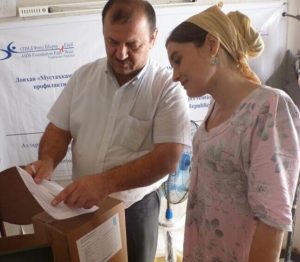 In 2013, Tahmina went to prison because of the theft. Being imprisoned for a quarter of her term, she got free because of the amnesty. When she went back home, the woman again faced the threats from her father’s relatives side. She had to leave her home and started to live on the streets again. After many unpleasant adventures, Tahmina met people who use drugs whom she knew before, and she started to use again.
In 2013, Tahmina went to prison because of the theft. Being imprisoned for a quarter of her term, she got free because of the amnesty. When she went back home, the woman again faced the threats from her father’s relatives side. She had to leave her home and started to live on the streets again. After many unpleasant adventures, Tahmina met people who use drugs whom she knew before, and she started to use again.
Once, Tahmina met Bahriddin whom she knew before. He was also using drugs, but, to Tahmina’s surprise, he changed, and was looking good and happy. It turned out that Bahriddin started to work in the public organisation AFEW-Tajikistan as a peer consultant. He told Tahmina about how he succeeded to change, and he also mentioned the help and services that his organisation is providing. Tahmina got interested in that and decided to visit the drop-in center for the drug users and see everything by herself.
When she just came to AFEW-Tajikistan’s drop-in center, Tahmina was surprised that even though she had a dirty dress and flip-flops were barely covering her bloody feet, she was greeted very warmly. She was offered some tea and the workers talked with her about her health.
“I was very skinny and dirty, and I could not remember the last time I took shower or bath,” Tahmina is remembering that day now.
The social workers helped Tahmina with taking care of herself. They also helped her to come back to her parents’ house, arranged the documents for her and sent her to the doctors so that she could be checked and her health could be improved.
To see the sun again
Since summer 2017, Tahmina comes to the drop-in center very regularly. She is also taking part in self-help groups of people who use drugs. She learned the basics of her personal hygiene, HIV prevention and sexually transmitted infections (STI.) She got to know how to cope with the drug use and the possibilities to live sober. During one of the meetings, Tahmina got to know about opioid-substitution treatment (OST.) The friendly and warm atmosphere, respect and the possibility to get methadone for free inspired Tahmina to change her life.
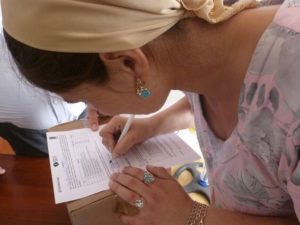 Since August of the same year, Tahmina started to take part in OST programme that is located in the drug center where she would never go by herself. Nowadays, Tahmina is taking methadone and continues to take part in self-help groups. She found many friends who understand her and are ready to support her.
Since August of the same year, Tahmina started to take part in OST programme that is located in the drug center where she would never go by herself. Nowadays, Tahmina is taking methadone and continues to take part in self-help groups. She found many friends who understand her and are ready to support her.
“With the support of AFEW-Tajikistan, during half of the year, I changed for better. I believed the peer consultants and social workers and started to help my mother, and I have not done so since I left home. AFEW helped me to gain the trust in myself again. My eyes are shining like it was before, I again see the sun and I want to live!” Tahmina is finishing her story with the smile on her face.
Only in 2017, 688 female drug users and vulnerable women in the Republic of Tajikistan were provided with the prevention and social services within the project Bridging the Gaps: Health and Rights for Key Populations 2.0 that is financed by the Ministry of the Foreign Affairs of the Netherlands.


